Culture and Community
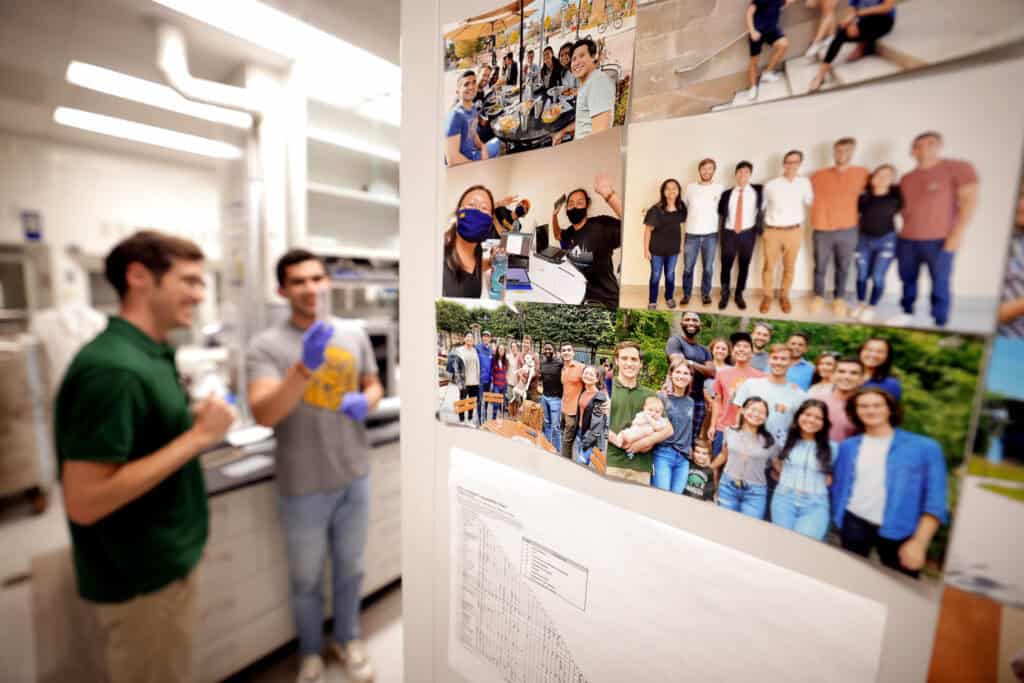
Culture and Community
The Culture and Community Committee serves to enhance our department environment, foster inclusion and build stronger connections among the various constituencies across the department.
Our goal is to develop initiatives that create a supportive environment and ensure ChE is a positive, engaging space for everyone. Feeling a sense of belonging is a core value for the department that grounds our committee in developing events and programs to help graduate students, undergraduate students, researchers and postdocs, staff and faculty all feel they have an important space in ChE.
We are excited to plan a series of programs to bring us together for opportunities to connect as a community. We offer off site activities, game nights, donuts and cider events, department wide contests, community service projects and more.
If you would like to learn more about the Culture and Community Committee, please contact us at [email protected].
Members
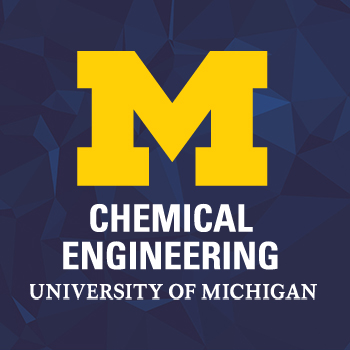
Undergraduate Student

Assistant to the Department Chair
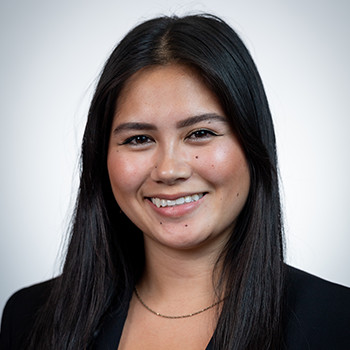
Doctoral Student

Doctoral Student

Undergraduate Student
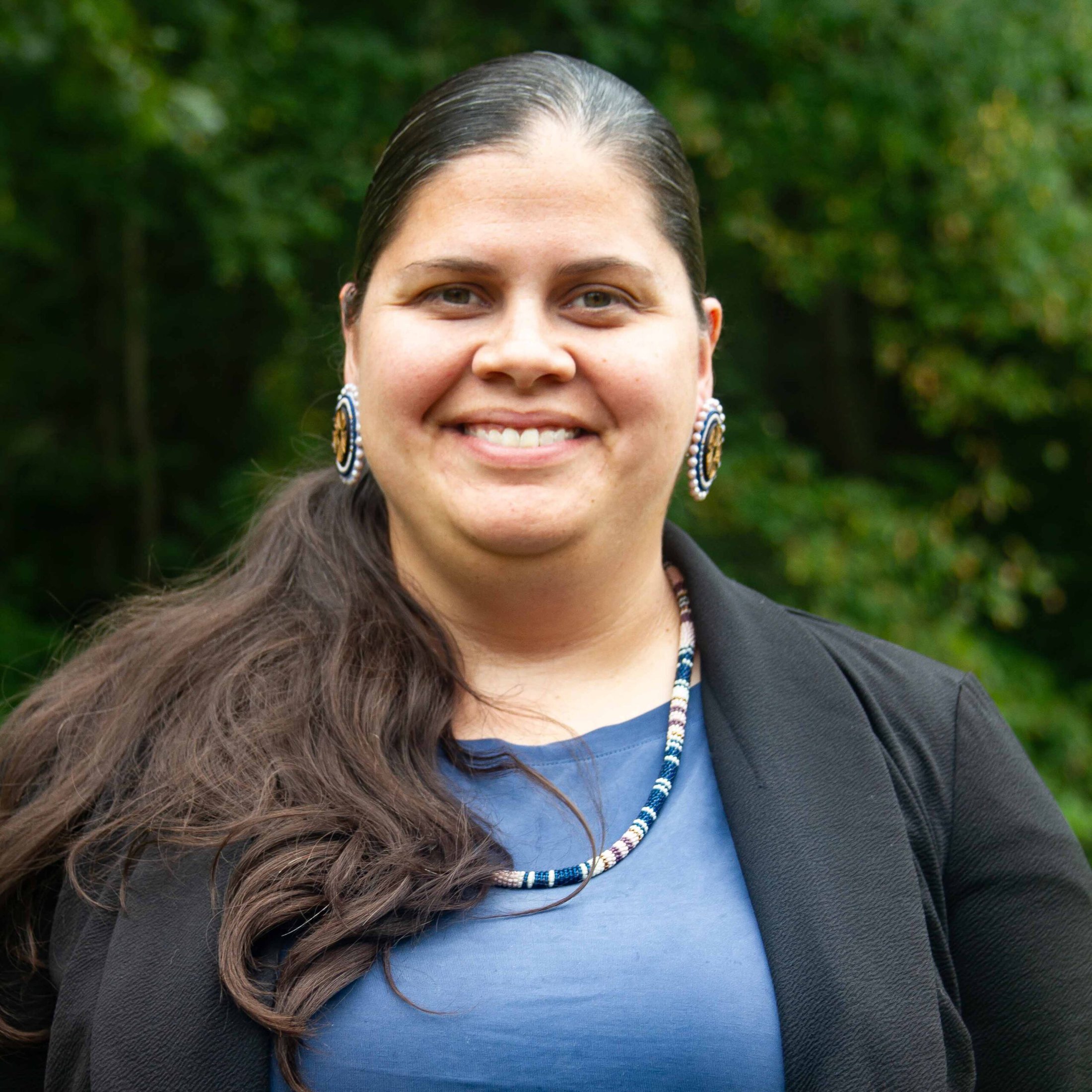
Alumni Engagement Coordinator

Doctoral Student
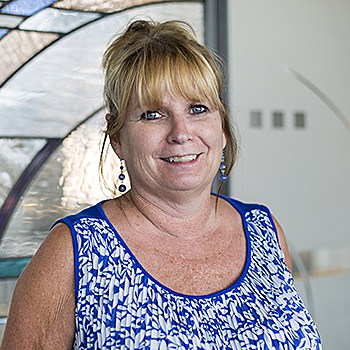
Administrative Assistant Senior
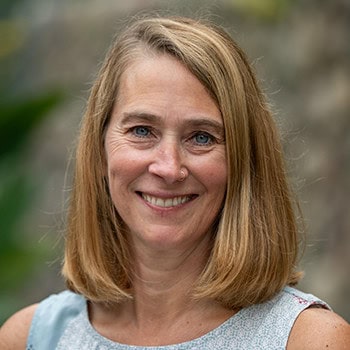
Director of Strategic Initiatives and Corporate Relations